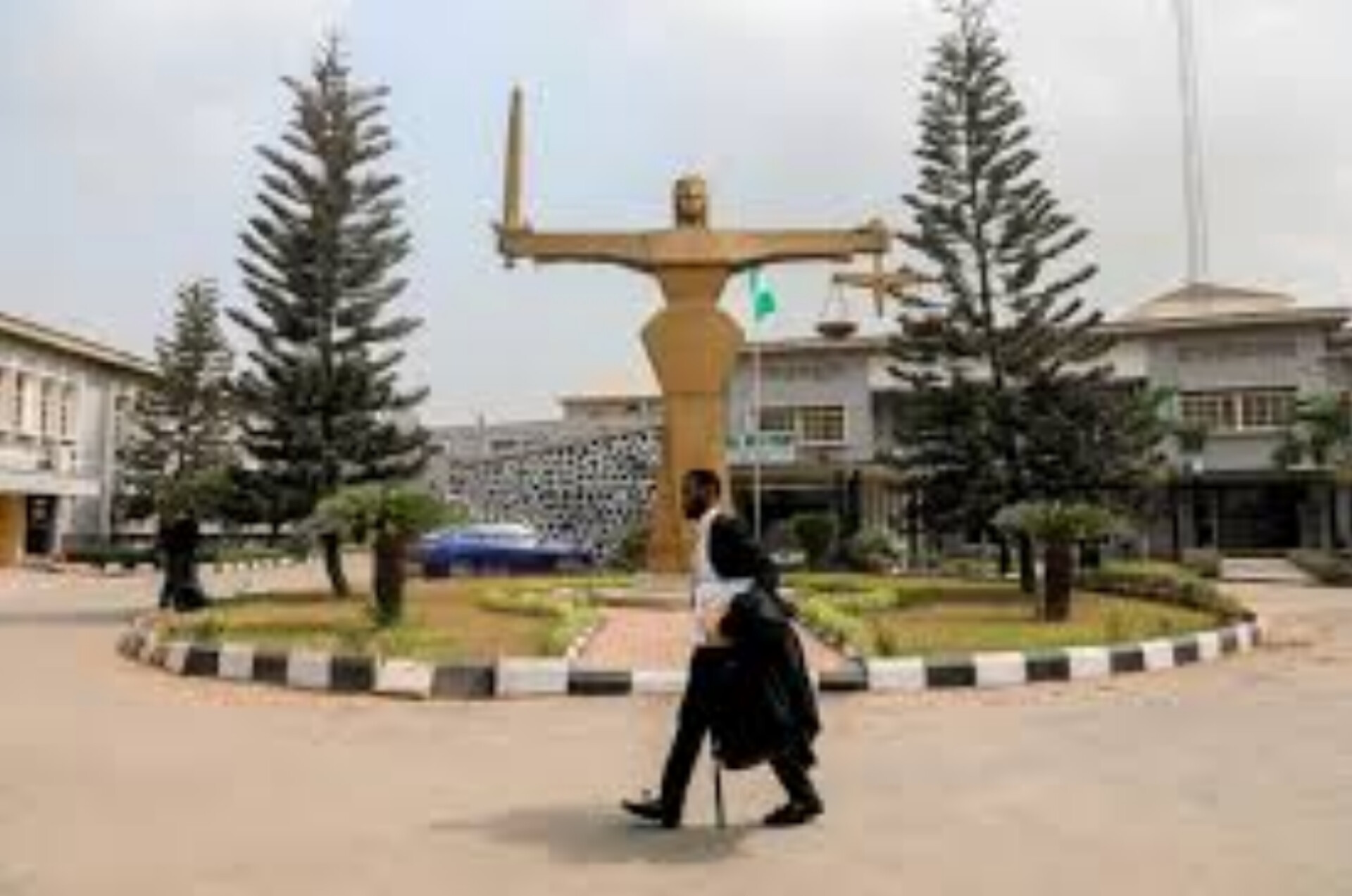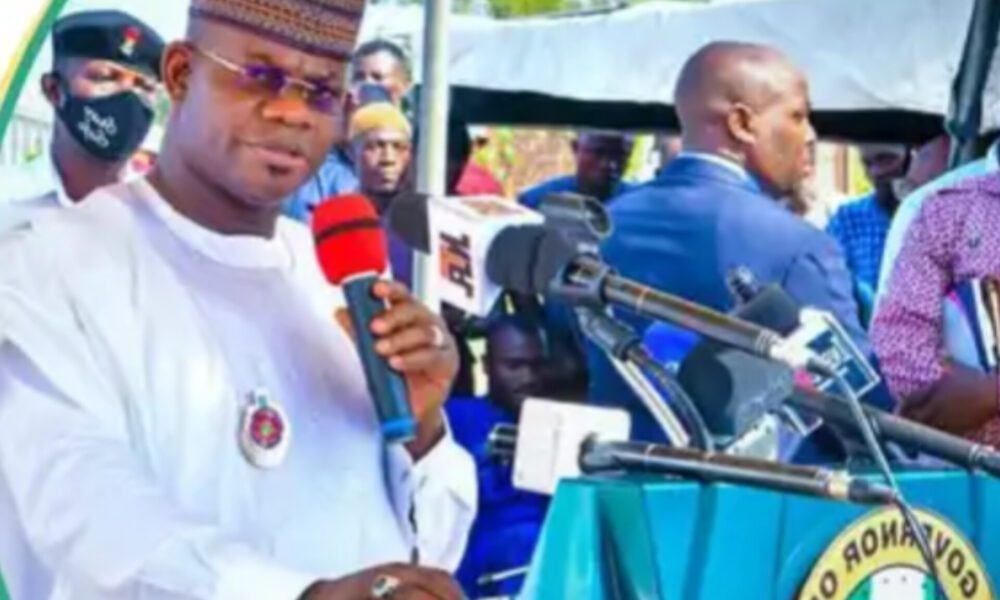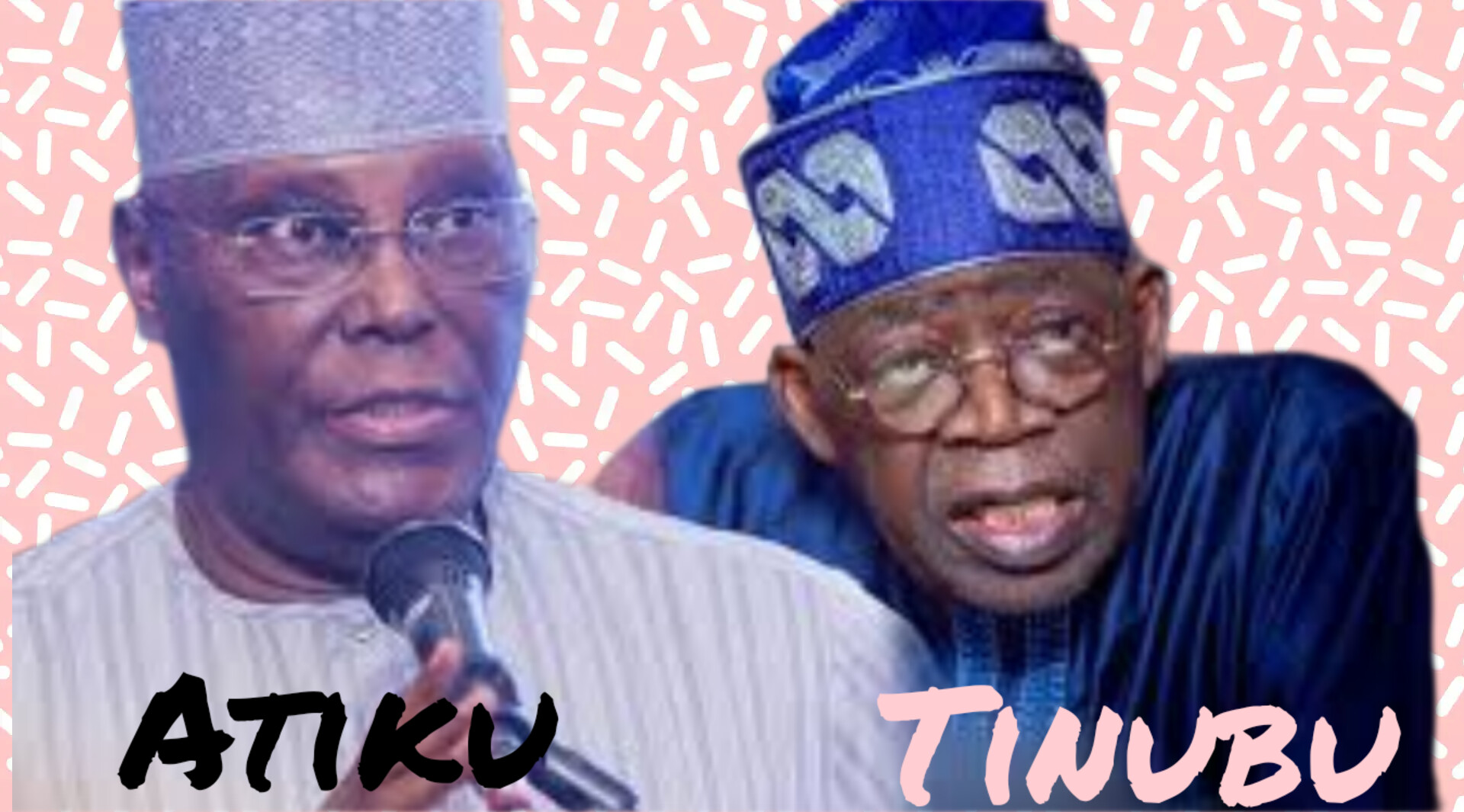The Ministerial Nominee for Kwara, Lateef Fagbemi has canvassed for the unbundling of the Economic and Financial Crimes Commission (EFCC) and the Independent Corrupt Practices and other related offences Commission (ICPC).
His advocacy came while he was being screened as part of the last batch of 28 Ministerial Nominees sent to the Senate by President Bola Tinubu.
Tinubu had, on July 27, forwarded the list of 28 nominees for consideration and confirmation by the upper chamber.

Fagbemi, an accomplished lawyer and Senior Advocate of Nigeria (SAN), was responding to questions bordering on corruption.
He said: “Truth be told, you fight corruption, but at the same time, the way it’s bein fought in Nigeria leaves much to be desired. That is the truth.
“If I have my way, I will advise the President to unbundle, first of all, bring out ICPC and EFCC together and unbundle them.”
He said that investigation of criminal offenses should not be handled by the same body, adding that there must be a supervisory authority within the same system.
“If there is investigation, it is another body, prosecution is another body. It doesn’t augur well to ask the same authority to do investigation and come and do prosecution. That is when we have a problem.
“Investigation takes time especially in serious corruption cases. Are we prepared to wait.
“My take is that a situation should be created such as the one that happened when Hushpuppi was arrested.
“They had been trailing him for years. He didn’t know, and nobody would talk to him. But the day they said the time was up, he also knew that the time was up.”
The Kwara nominee also said that investigation should be thorough. “It shouldn’t be that when a given governor leaves office, let’s go, EFCC is investigating you. That is not the way to investigate criminal matters.”
“The anti-graft agencies, EFCC, and ICPC should be brought together and then unbundled. Investigation should not be handled by the same body.
“There must be a supervisory authority within the same system. If there is investigation, it is another body, and prosecution is another body.
“It does not augur well to ask the same authority to investigate and prosecute.
“We are also not patient enough. Investigation takes time, especially serious corruption cases.
“Investigation should be thorough. You can take time to prosecute. Do your investigation before arrest, not arrest before investigation.”
On disobedience to court orders, he said there is no government, especially the head who will want to joke with the judiciary.
“Where we have disobedience to court orders are between security agencies.
“My advice will be, in matters of law, the attorney general should be involved. DSS cannot be an island onto itself. EFCC cannot continue to behave as if there is no law. There is law.
“If you want to do investigation, you do investigation before inviting the accused person.”
“We can not say because we want to prosecute, then you brush aside the agelong tradition that has started before Adam and Eve.”



